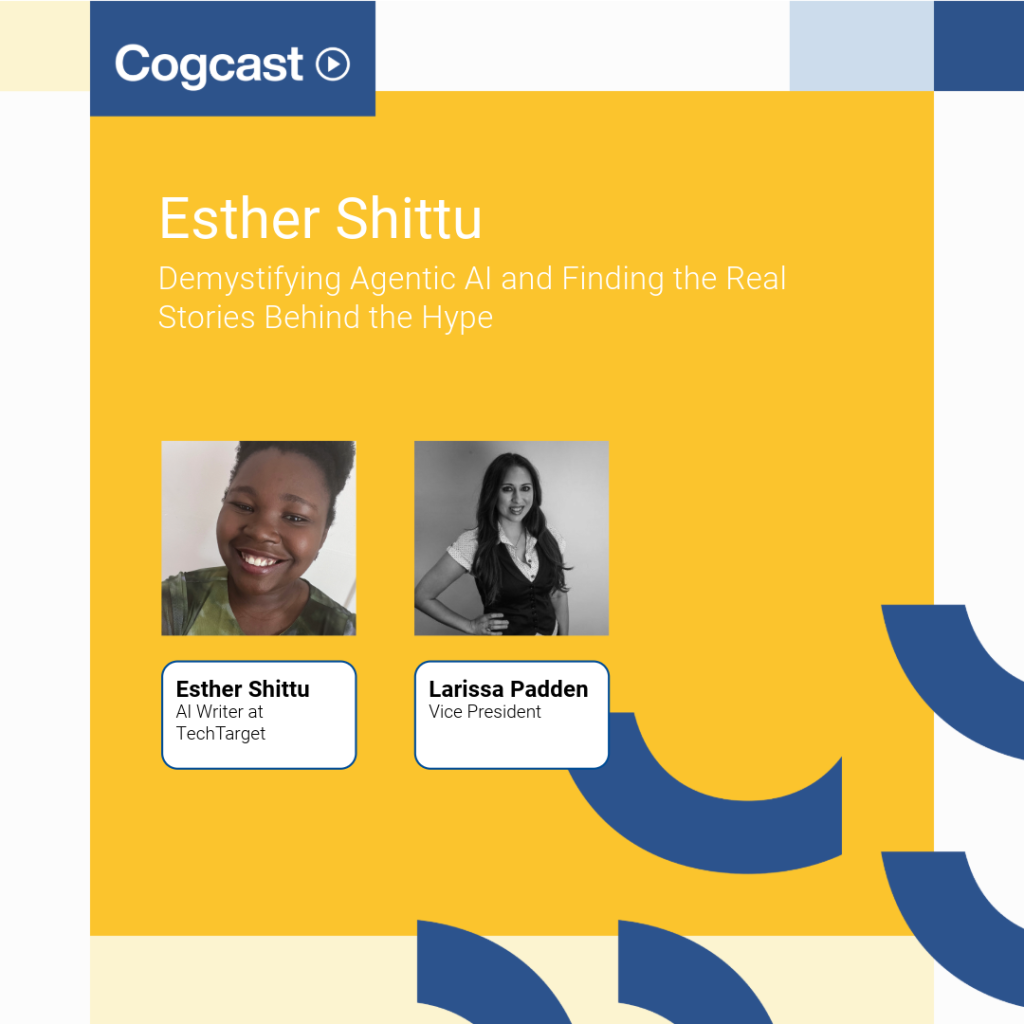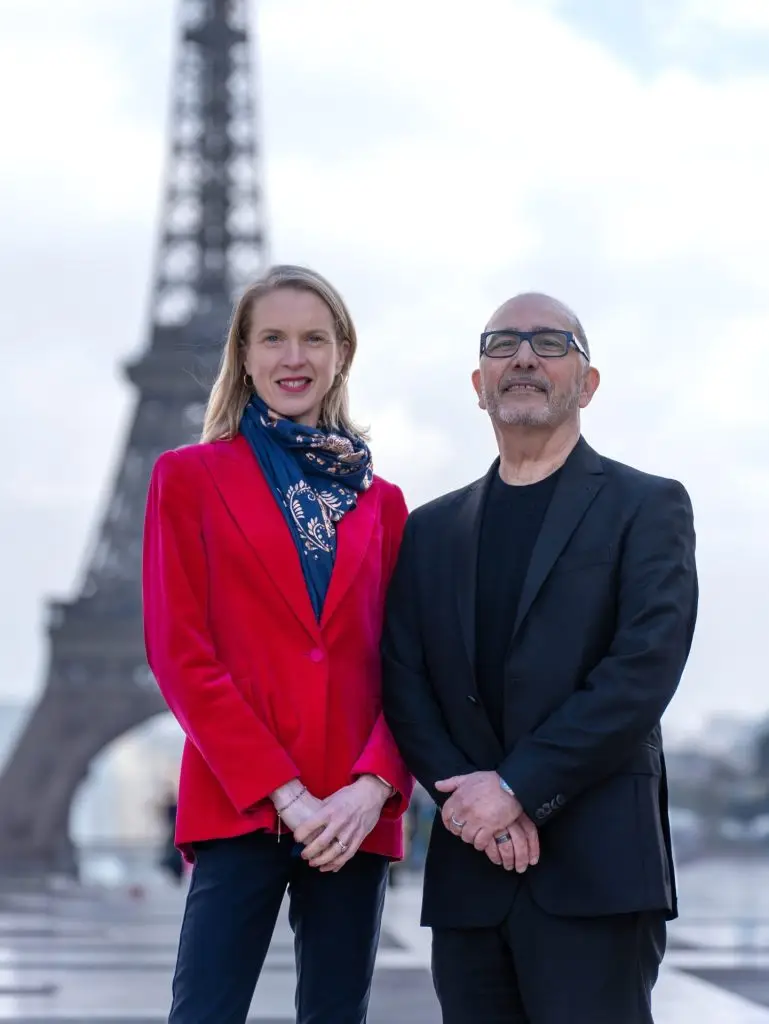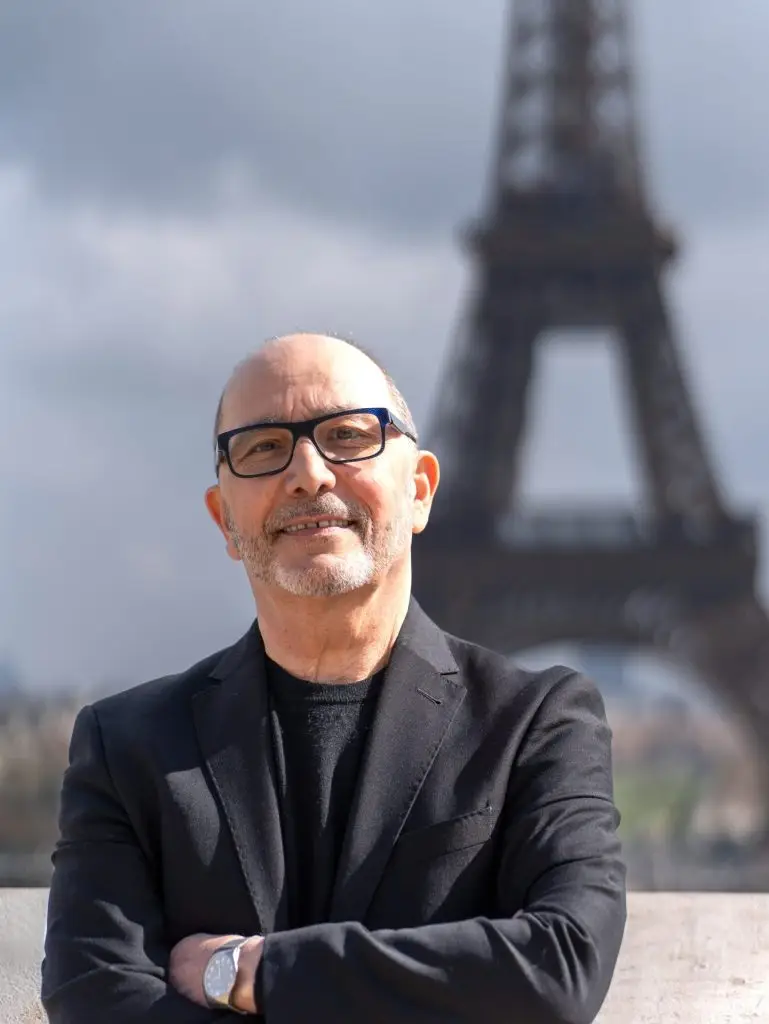The Chatham House rule is widely misunderstood, and that can be a source of risk for companies. With Sibos and Money2020 coming up, clarity is important.
The confusion is this: many involved in financial services marketing and events have learnt by osmosis that the Chatham House rule means “off the record” – i.e. you can’t publicly use material that you hear in this or that session. In fact, the Chatham House rule means “not for attribution”, as you can see on Chatham House’s website below. You are entirely at liberty to use anything you hear; you simply can’t say who said it or identify others present. The risks to a corporate speaker from that vary. If the information discussed is generic – e.g. many software companies are discounting prices – it’s probably not a problem. But if a speaker says “Since we’re under the Chatham House rule, I can tell you that we at ABC Software company have been discounting” – that’s more likely to be a problem, both in terms of the information disclosed and the fact that the likely source is often apparent.
The risks here are magnified by the fact that everyone has a smartphone, indeed with recording by participants at conferences on the rise. Sometimes conference organizers keep reporters out of specific meetings, or even attempt to negotiate specific rules about reporting from a session. But such measures are imperfect, given the nature of live events and widespread social media. (Event organizers struggle with the tension of getting reporters to attend by making the sessions attractive, and trying to limit risk for corporate speakers).
In terms of what the Chatham House rule means, I accept entirely that ultimately usage wins. If 98% of people in financial services marketing globally are using it in one way, then maybe that is simply accepted usage, and it doesn’t matter if pointy-heads at a London think tank (I’m a member) defined the rule in the 1920s. But I reckon the current confusion does give a false sense of security to many.





